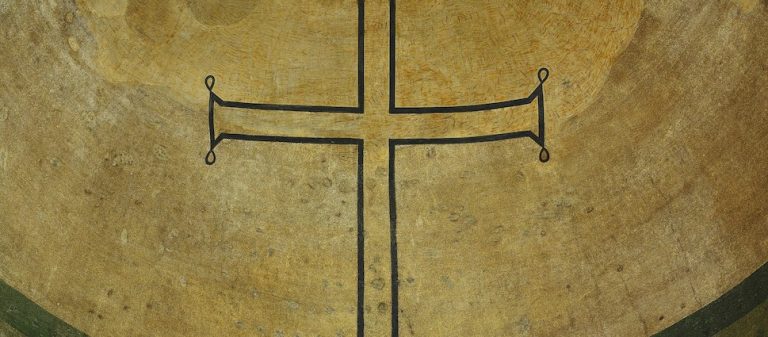Let not them that wait on thee, O Lord GOD of hosts, be ashamed for my sake: let not those that seek thee be confounded for my sake, O God of Israel. (Ps. 69:6 KJV)
Local Anglican pastor John Oldfield is next in our reading of the Puritan Paperback, Sermons of the Great Ejection. “The Great Ejection” was the expulsion of nearly 20% of Anglican ministers from their cures in the 1662 Act of Uniformity. Oldfield was a northerner, born, raised, lived and died in Derbyshire, leaving only for his grammar school education. He never attended university. In 1649 he was appointed the pastor of St. Margaret’s, Carsington where he served until ejection. He led a local pastor’s conventicle or what we would call a “small group” today for seven years. He was said to be a moderate spirit and spent considerable time in serious consideration and prayer before he decided he could not conform. After ejection, he attended a nearby parish church and remained active in a “small group” ministry. Twice married, he had four sons follow him into holy orders, the eldest serving in the Church of England.
Oldfield’s concern in his sermon is twofold. The first is pastoral. He wants to prevent observers drawing the wrong conclusion concerning the suffering he and other ministers are about to undergo. The second is apologetic. He gives a defense and contextualization concerning the Act of Uniformity and a minister’s conscience. Of all sermons in the series, Oldfield’s gives an insight into his heart and conscience. He takes Psalm 69:6 as his text for his final sermon. After setting the exegetical and theological boundaries of the text, Oldfield gives the general spiritual reasons that observers may stumble in a failure to apply the fullness of the gospel of God. They have forgotten his work and his purpose in salvation and sanctification.
His defense of his ministry is in his application. Being a deposed minister of the American Episcopal Church for the sake of conscience, I could readily identify with his godly seriousness as described his ministry: “Beloved, think not that I or my brethren make it a light matter to lay down the exercise of our ministry (I say the exercise; for as to the office itself, none on earth can deprive us of it).” Oldfield then addressed the question of reordination at the hands of a bishop:
How can I, who have exercised the office of minister these fourteen years and upwards, now take a new ordination in a way (to say no more it) that supposes me no minister till then without notorious dissembling both with God and man? Should one of yourselves among whom I have exercised, urge on me this dilemma: ‘If you were no minister before, why did you exercise that function? Why did you preach, pray, and administer the sacraments as a public officer in the church? How can you justify the baptizing of our children and administering to us the Lord’s supper? If you were indeed a minister, why do you now seek a new commission?’ …I seriously profess, beloved, should I submit in this particular, my mouth would be stopped; I should have nothing to say against such an argument. …Besides that, it is a tacit condemning of the minister of the Reformed churches as no ministers because they lack Episcopal ordination; and (which is not the least mischief) it gives, or it may give a just occasion to our people to question the validity of all our ministerial actings. And will say this is no hurt?
Oldfield has Article 23 of the Thirty-Nine Articles in support of is position. Here it is in updated English:
It is not right for a man to take upon himself the office of public preaching or of administering the sacraments in the congregation before he has been lawfully called and sent to perform these tasks. The lawfully called and sent are those who have been chosen and called to this work by men who have had public authority given to them in the congregation to call and send such ministers into the Lord’s vineyard.
Oldfield was certainly “lawfully ordained.” To deny such a person is absurd, and goes against the spirit of this Article, which does not specify that “lawful” must be interpreted as “episcopal” and does not even mention bishops at all. Bishops are fine in their place, but they too are servants of the church sent to minister in the Lord’s vineyard, not theirs. And in that vineyard all the laborers are fundamentally equal.

























